16 March 2025
Video games have come a long way since the days of simple 8-bit graphics and linear gameplay. Modern games not only look stunning but also offer sprawling worlds, intricate storylines, and immersive mechanics. Yet, amidst all the bells and whistles of cutting-edge gaming, there’s one element that keeps pulling players back to the very same games they’ve already mastered: in-game events. You know, those limited-time challenges, seasonal festivals, or surprise content drops that magically reignite your passion for a game you thought you were done with. But why are in-game events so addictive? What makes them so irresistible? Let’s dive deep into the mechanics of this genius strategy and why it works so well.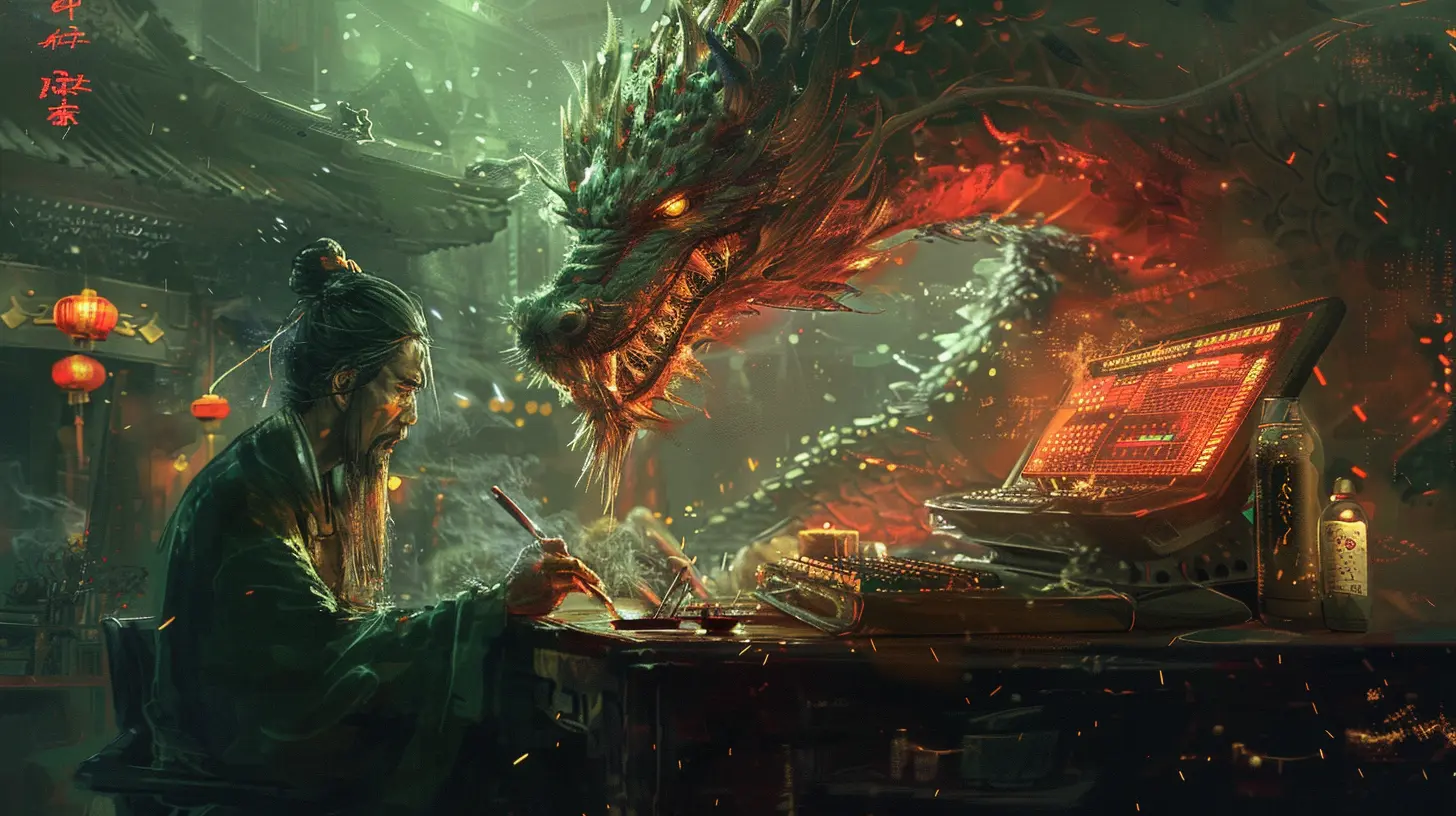
What Are In-Game Events?
First things first, let’s define the term. An in-game event is essentially a short-lived occasion or feature within a game that spices things up. Think of it as a party your favorite game throws to keep things fresh and exciting. It could be anything from a festive Christmas-themed update to a summer loot extravaganza or even a cross-promotion with another game or brand. These events often come with specific goals, limited-time rewards, or exclusive cosmetic items that you just have to get your hands on.The beauty of in-game events lies in their variety. Some are tied to real-world holidays, like Halloween or Valentine’s Day. Others are completely fictional and tied to the universe of the game itself. But no matter the theme, these events have a single purpose: to shake things up and lure players back into the game.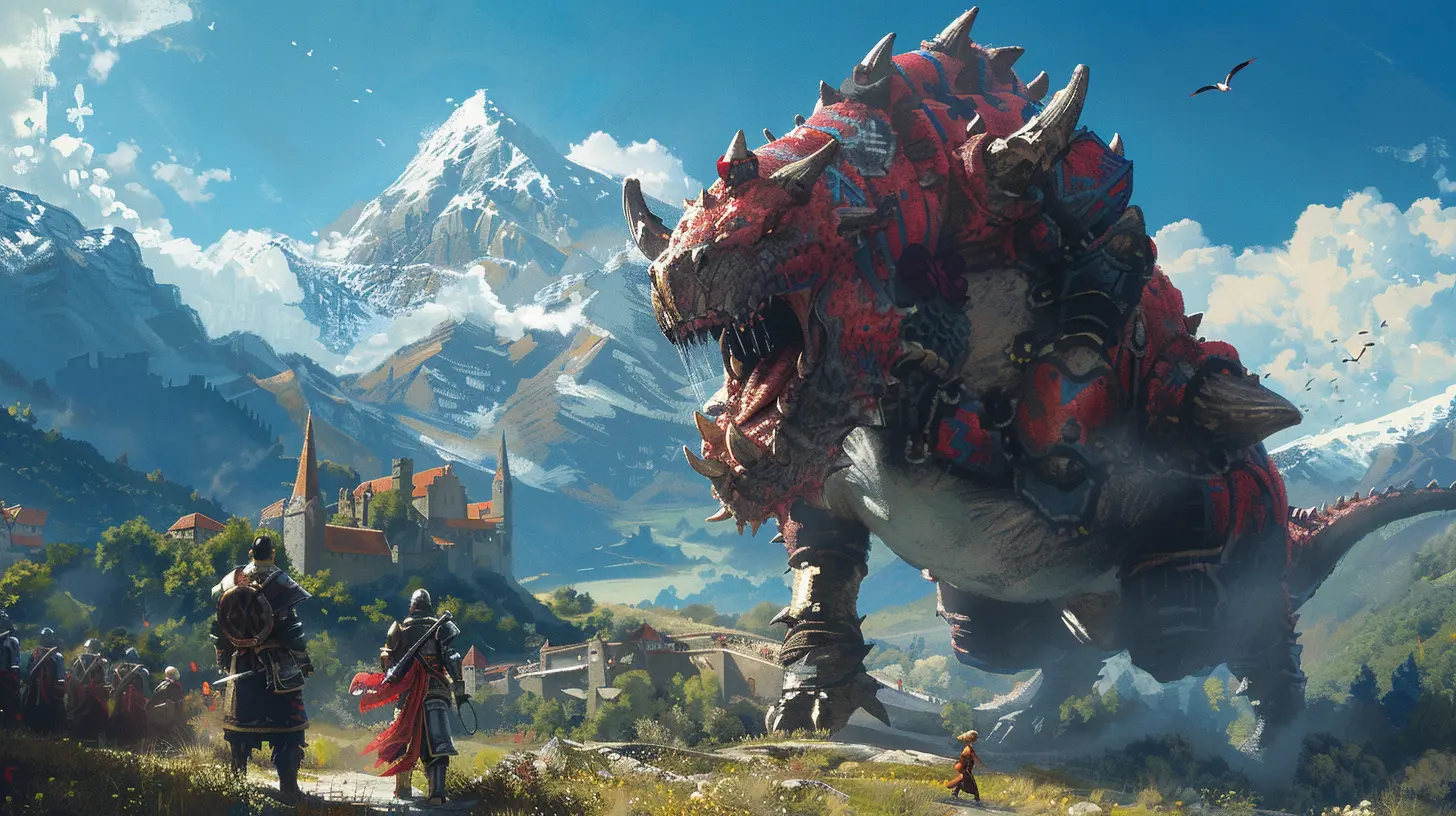
The Psychology Behind In-Game Events
Ever wondered why in-game events feel so... compulsory? There’s actual psychology at play here. In-game events tap into several psychological triggers that keep us hooked:1. FOMO (Fear of Missing Out)
Let’s be real—who hasn’t felt the dreaded FOMO when an exclusive event is happening? Developers use this tactic masterfully. When players know the event (and its rewards) is only available for a short period, it creates a sense of urgency. You suddenly feel like you have to log in and participate, or else you’ll miss out on that rare skin, weapon, or emote forever. Nobody wants to be "that person" who didn’t grab the limited-edition loot.2. The Allure of Exclusivity
Humans love exclusivity. We’re drawn to things that are rare or hard to get. Limited-time offers in games tap into this desire, making event rewards feel extra special. When you show off your shiny new item that’s no longer available, you stand out. It's like wearing a one-of-a-kind outfit in a world where everyone else shops at the same mall.3. The Dopamine Hit
In-game events often come with specific goals or challenges, and let’s be honest—it feels good to complete them. Achieving these mini-milestones triggers dopamine release in your brain, giving you that sweet feeling of accomplishment. Pair this with flashy visuals, encouraging sounds, or vibrant animations, and you’ve got a recipe for instant gratification.4. Social Connection
Many in-game events are multiplayer-centric, encouraging you to team up with friends or join others in the community. Events often give players a reason to reconnect with their guilds, clans, or online buddies. Who wouldn’t want to bond over stomping the latest boss or taking on a timed challenge together?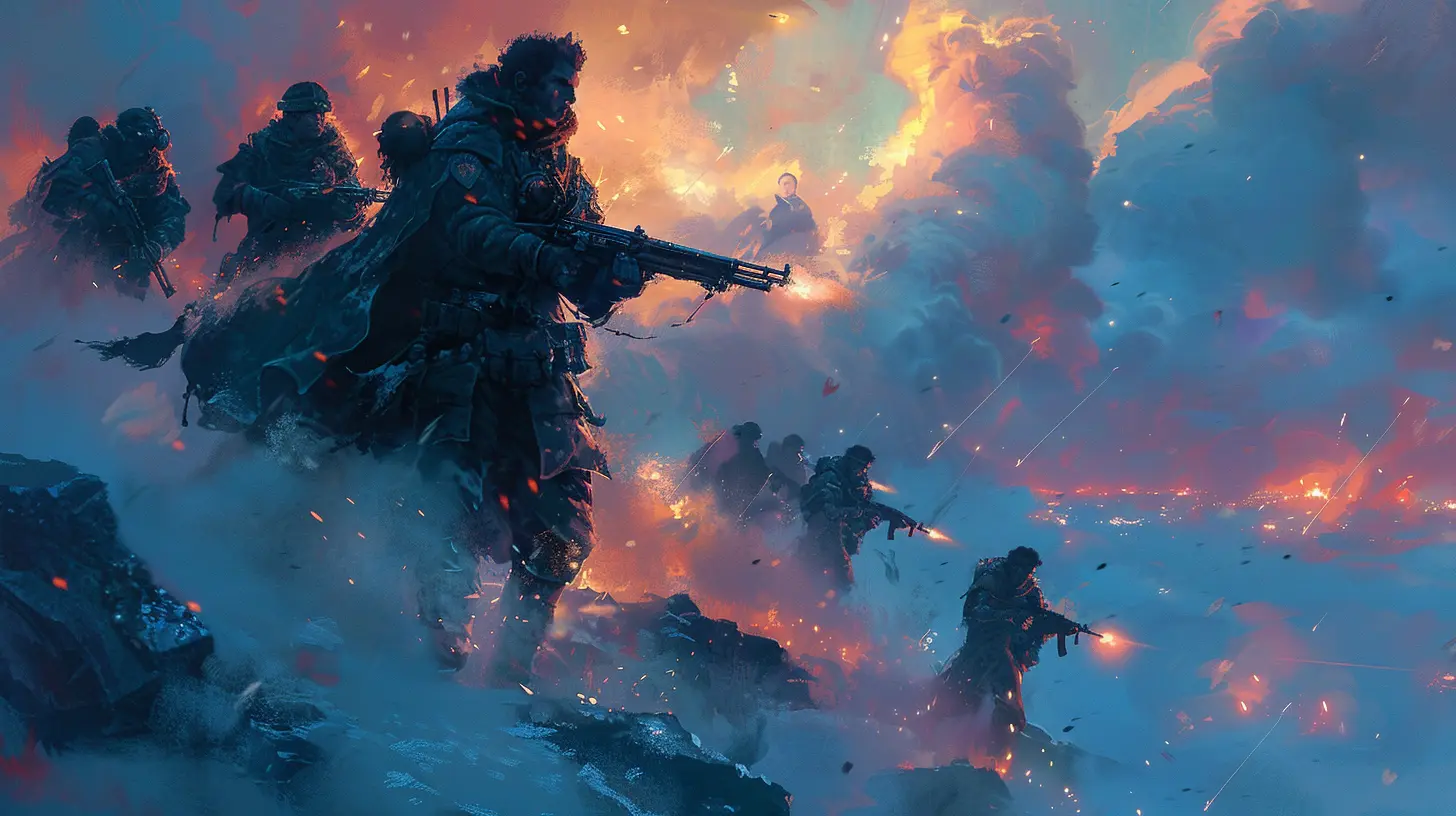
How In-Game Events Extend a Game’s Lifespan
You might think a game’s replayability depends on its base mechanics or story—but in-game events have completely rewritten this rulebook. Games like Fortnite, Genshin Impact, and World of Warcraft thrive not just because they’re fun, but because their developers constantly introduce fresh, time-sensitive events. Here’s how these events breathe new life into games:1. Breaking the Monotony
Even the best games can get repetitive after a while. You’ve battled the same enemies, explored the same areas, and mastered the same mechanics. In-game events are like surprise plot twists—they inject something unexpected into the mix. Whether it’s a new event boss, a quirky mini-game, or a randomized mechanic, these updates shake things up and make the game exciting again.2. Rekindling Player Interest
Have you ever stopped playing a game for months, only to come back because of an event? Yeah, me too. Events are brilliant marketing tools for re-engaging lapsed players. The promise of limited-time goodies can be all it takes to lure someone back into their virtual world. And once they’re back, they might just stick around longer.3. Encouraging Microtransactions
Let’s face it—game developers are businesses, and in-game events are a goldmine for generating revenue. Most events come with exclusive cosmetics, skins, or items that can be purchased with real money. And when players are already hyped about the event, they’re much more likely to crack open their wallets. Smart, right?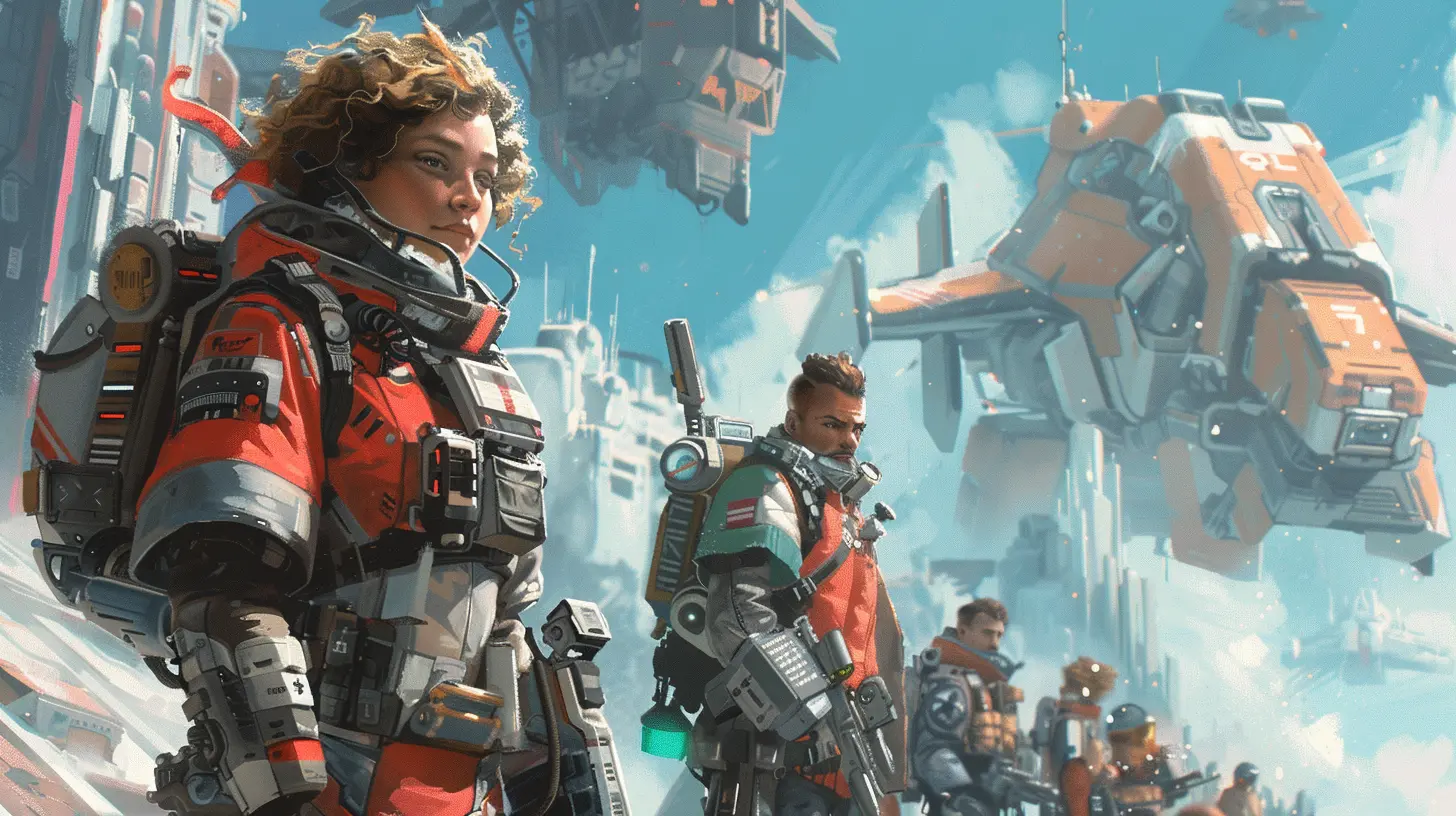
Popular Games That Nail In-Game Events
Some games are particularly famous for their stellar in-game events. Here are a few shining examples:1. Fortnite
Few games are as synonymous with in-game events as Fortnite. From live concerts featuring Travis Scott to jaw-dropping end-of-season showdowns, Fortnite events are massive spectacles. They don’t just exist within the game—they make headlines worldwide.2. Animal Crossing: New Horizons
This cozy life-simulation game keeps things fresh with seasonal events tied to real-world holidays like Christmas (Toy Day), Halloween, and even cherry blossom season. Each event comes with unique furniture, clothing, and mini-activities.3. Destiny 2
Destiny 2 excels at delivering lore-infused events like Festival of the Lost or Solstice of Heroes. These events offer players a chance to earn powerful gear while diving deeper into the game’s rich universe.4. Genshin Impact
If you’ve played Genshin Impact, you know how ridiculously elaborate their events are. From limited-time dungeons to full-blown story arcs, these events not only reward you with cool items but also expand the game’s lore.Why Gamers Keep Coming Back For More
So why do in-game events have such a magnetic pull? It boils down to a mix of psychological hooks, social dynamics, and the sheer fun of experiencing something new. Gamers thrive on progression, community, and a sense of accomplishment—and in-game events deliver all of that in spades.When done right, events turn games into living, breathing entities. They’re not just static pieces of entertainment; they’re evolving worlds that shift and grow alongside their player base. Gamers may leave for a while, but in-game events give them a reason to return, time and time again.
The Future of In-Game Events
As technology continues to evolve, we can expect in-game events to get even crazier. Imagine fully immersive AR/VR events, real-time interactions with other players across the globe, or AI-generated content tailored to your playstyle. The possibilities are endless, and developers are only just scratching the surface.But one thing’s for sure: in-game events aren’t going anywhere. They’re a win-win for players and developers alike. Players get fresh content and exciting challenges, while developers keep their games relevant and profitable. Everyone’s happy—well, except maybe for our backlog of unfinished games!

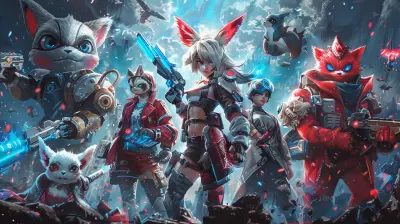
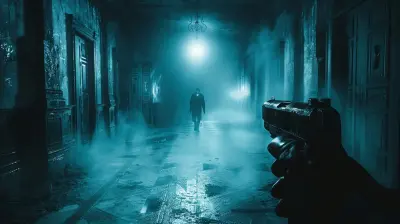
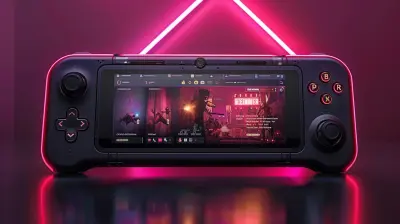

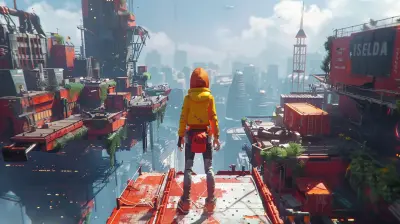
Journey McGinnis
In-game events effectively blend FOMO and community engagement, fostering loyalty. However, over-reliance on gimmicks can dilute authentic gameplay experiences, risking long-term player investment. Balance is key.
March 31, 2025 at 3:57 AM